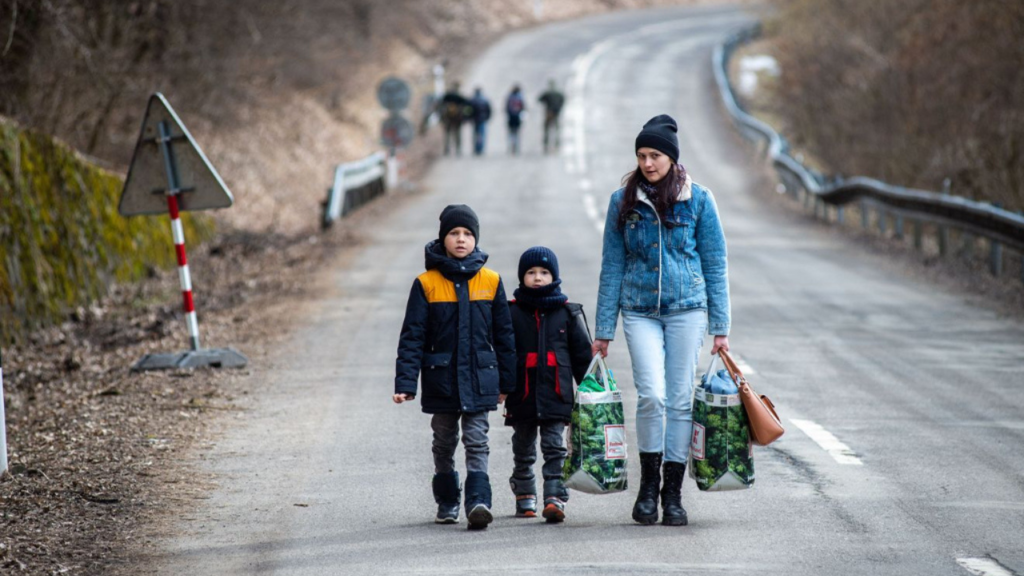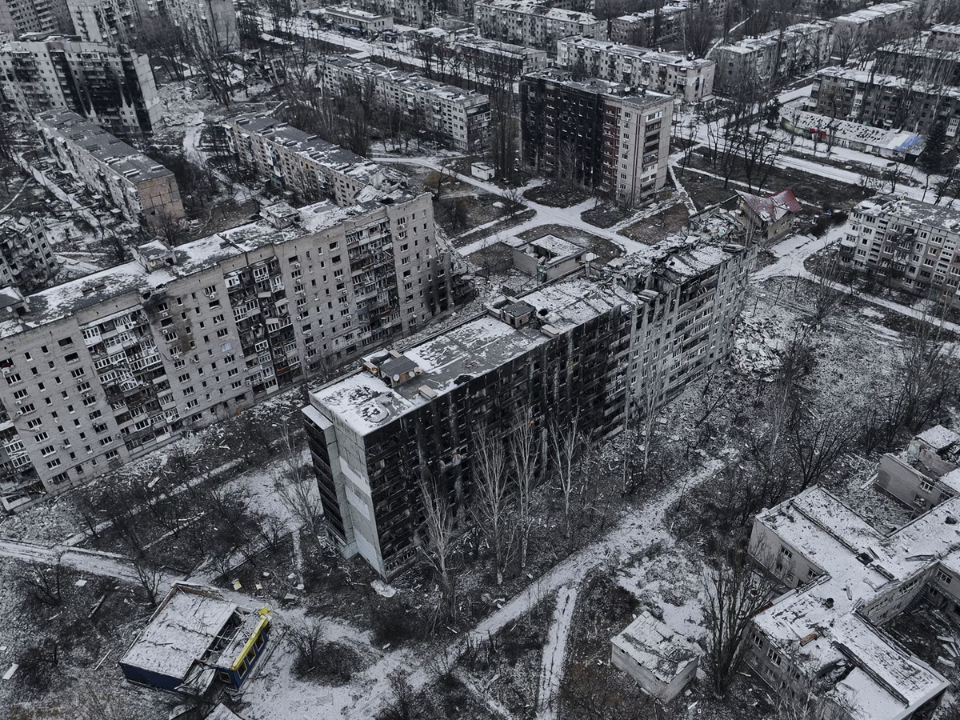Escalating Tensions and the Quest for Resolution
For Reference: Russia-Ukraine | Part 4
The Russia-Ukraine conflict, deeply rooted in historical grievances and geopolitical rivalries, has now reached an inflection point. As the war grinds on, its military, economic, and humanitarian consequences grow ever more severe, reshaping the global order in the process. This article examines the latest developments, the enduring impact on the people of Ukraine, and the fragile diplomatic efforts to bring the crisis to an end.
Escalating Military Operations
Since 2024 began, the battlefield in Ukraine has witnessed intensified hostilities. Russia’s forces, despite facing significant losses, have pressed forward in critical regions, including Zaporizhzhia and Kherson. These offensives aim to consolidate control over southern Ukraine, a vital corridor connecting Crimea with Russian-held territories in the east.
Meanwhile, Ukraine has doubled down on its counteroffensives, leveraging advanced weaponry supplied by NATO allies. Precision-guided missile strikes have disrupted Russian supply lines, though at great cost to Ukrainian forces. The war has increasingly showcased the evolution of modern warfare, with both sides employing drones, cyber tactics, and advanced artillery systems.
The civilian toll remains staggering, with urban centers like Bakhmut and Avdiivka bearing the brunt of the violence. Entire neighborhoods lie in ruins, and critical infrastructure, including power grids and hospitals, has been decimated.
Economic Fallout and Sanctions
Economic sanctions continue to serve as the West’s primary tool to pressure Russia. Restrictions on Russian oil and gas exports have crippled a key revenue stream for Moscow but have also led to energy crises in Europe, particularly during harsh winters. In response, Russia has deepened its economic ties with China and other non-Western allies, creating a parallel trade bloc that defies Western dominance.
For Ukraine, the war has resulted in an economic collapse. Agricultural exports, a cornerstone of the Ukrainian economy, have been severely disrupted. International aid has become a lifeline for the country, but rebuilding efforts remain far off as the war shows no signs of abating.

Image: Peter Lazar/AFP via Getty
Humanitarian Crisis Deepens
The human cost of the conflict continues to mount. Displacement has reached unprecedented levels, with over 10 million Ukrainians forced to flee their homes. Refugee camps in neighboring Poland, Romania, and Hungary are overwhelmed, creating a parallel crisis of resource shortages and integration challenges.
Reports of targeted attacks on civilian infrastructure, including schools and hospitals, have drawn international condemnation. The United Nations has labeled the situation in Eastern Ukraine as one of the worst humanitarian crises of the decade.
Fragile Diplomacy and the Push for Peace
Diplomatic channels remain open but fragile. Recent talks facilitated by Turkey and the United Nations have focused on creating safe corridors for humanitarian aid and establishing a temporary ceasefire. However, deep mistrust between the warring sides, combined with Russia’s insistence on retaining control over annexed territories, has hindered progress.
The potential involvement of new mediators, such as China and India, has brought fresh dynamics to the table. These nations, while maintaining ties with Russia, are advocating for an end to the conflict to stabilize global markets and prevent further escalation.
Global Implications and the Path Forward
The Russia-Ukraine conflict has irrevocably altered global alliances. NATO’s rapid expansion and military buildup on its eastern flank have solidified a new era of confrontation between the West and Russia. Simultaneously, Russia’s pivot toward non-Western powers signals the emergence of a multi-polar world order.
For Ukraine, the fight is not just for territorial integrity but for its sovereignty and future as a democratic state. For the global community, the conflict represents a litmus test for international law, the resilience of global governance, and the collective ability to address aggression.
Stay tuned for the next article, where we will delve into the socio-political ripple effects of the Russia-Ukraine war on Eastern Europe and the broader international stage.
Details of the Featured Image
The Atlantic: An aerial photograph capturing the extensive destruction in the city of Avdiivka, Ukraine, as of December 7, 2023, highlighting the severe impact of ongoing military operations.
Image: Kostya Liberov / Libkos / Getty
Author
Ziara Walter Akari
© www.apotheosislife.com
